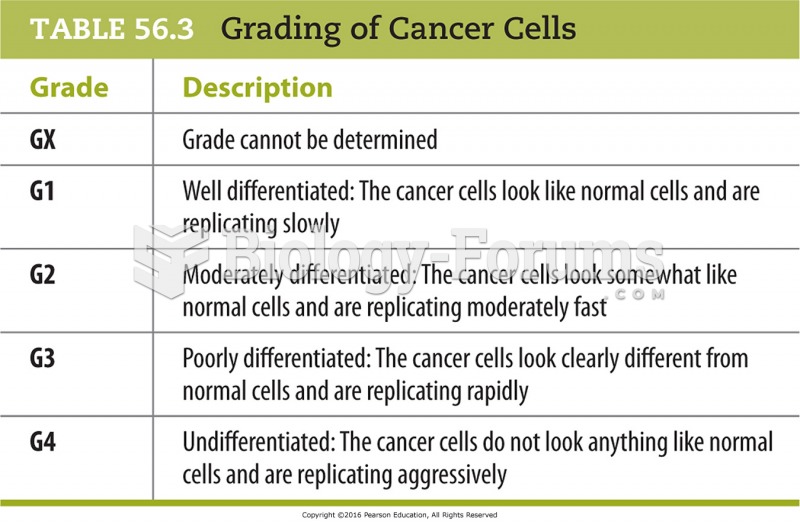Answer to Question 1
1
Rationale 1: Positive attitudes and high expectations toward therapeutic outcomes in the patient may influence the success of pharmacotherapy. The support group of cancer survivors would provide the best support and the highest probability for a positive outcome.
Rationale 2: Treatment for depression might help the outcome, but this patient would not have as high a probability for remission as the patient with another resource.
Rationale 3: A wealthy patient can afford the best medical care, but this patient may not have good psychosocial support.
Rationale 4: A former physician may have a sound knowledge base about cancer, but this patient might not have good psychosocial support.
Global Rationale: Positive attitudes and high expectations toward therapeutic outcomes in the patient may influence the success of pharmacotherapy. The support group of cancer survivors would provide the best support and the highest probability for a positive outcome. A wealthy patient can afford the best medical care, but this patient may not have good psychosocial support. Treatment for depression might help the outcome, but this patient would not have as high a probability for remission as the patient with another resource. A former physician may have a sound knowledge base about cancer, but this patient might not have good psychosocial support.
Answer to Question 2
3
Rationale 1: Alcohol does produce euphoria, but a craving for the substance is not a medical issue.
Rationale 2: Psychological dependence, or craving, does not involve physical withdrawal symptoms.
Rationale 3: Over time, the body's cells become accustomed to the presence of the unnatural substance. Specific, physical withdrawal symptoms will occur; the patient needs to be medically withdrawn from the substance.
Rationale 4: Depression may accompany physical withdrawal, but physical signs are what require medical management.
Global Rationale: Over time, the body's cells become accustomed to the presence of the unnatural substance. Specific, physical withdrawal symptoms will occur; the patient needs to be medically withdrawn from the substance. Psychological dependence, or craving, does not involve physical withdrawal symptoms. Alcohol does produce euphoria, but a craving for the substance is not a medical issue. Depression may accompany physical withdrawal, but physical signs are what require medical management.







